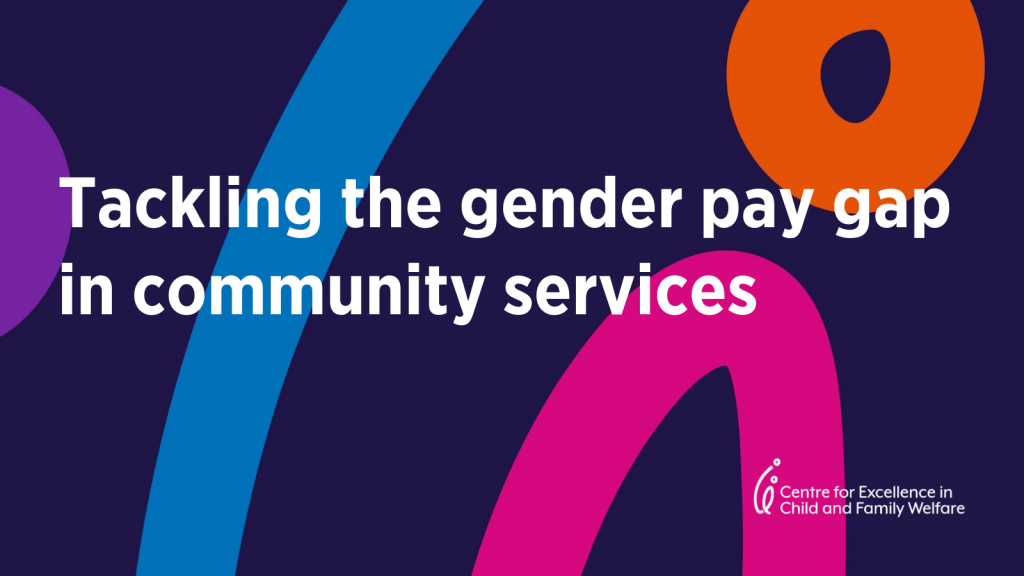There has never been a worse time to be a working woman in Australia. Right now, more working women than men having lost their jobs since the start of the COVID-19. It’s a trend that’s been seen since the pandemic erupted and is having a direct impact on families and communities.
Socially and economically, times are tough for people in the community services sector. While we’ve been acknowledged as essential workers who are tirelessly caring for children, young people and families who are bearing the brunt of the pandemic, our employment conditions are becoming increasingly precarious due to a lack of budgeting from the Federal Government. The Federal Government made the Equal Remuneration Order and need to honour this as it will be critical as part of the recovery for our sector.
Women make up 80 per cent of the community services workforce and the landmark Fair Work Commission decision to address the gendered undervaluation of work in 2012 saw wages increase by up to 45 per cent over eight years, as the wages were so far behind other sectors. However, this could dissolve if the Federal Government doesn’t commit to fair funding for community services to help tackle the gender pay gap.
Nationally, the gender pay gap remains stable at 14%. This year, Equal Pay Day was on 28 August 2020, marking the 59 additional days from the end of the previous financial year that women must work, on average, to earn the same amount as men earned that year.
The Centre for Excellence in Child and Family Welfare calls on the Government to renew the deal that if not upheld, would see a devastating $500 million hit to services and jobs across the sector and jeopardise the support that our sector is providing to a community who needs us more than ever.
Deb Tsorbaris, CEO of the Centre for Excellence in Child and Family Welfare.






